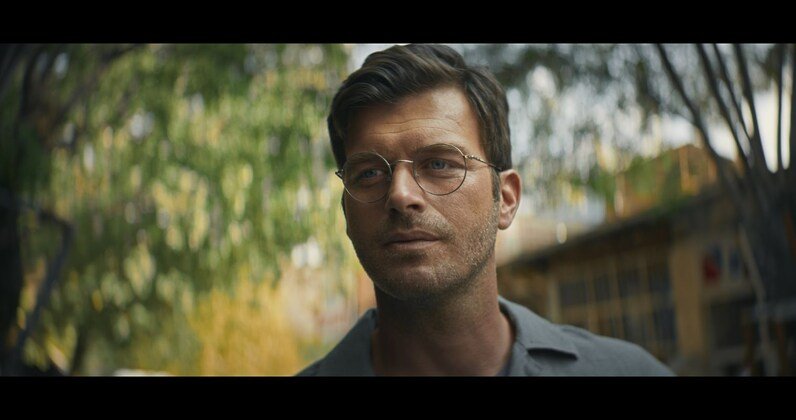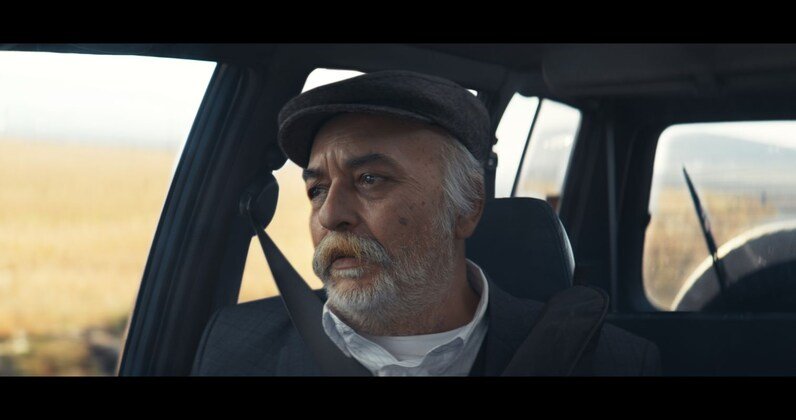The Festival of Troubadours Story:-
“The Festival of Troubadours” invites viewers into the intricate tapestry of a father-son relationship that has weathered decades of neglect and unspoken grievances. Drawing inspiration from Kemal Varol’s novel of the same name, the film delves into the emotional complexities of familial bonds against the backdrop of Turkey’s picturesque landscapes.

Movie Ratings
| Release Date | 2 September 2022 |
| Language | English |
| Genre | Drama, Kids & Family |
| Duration | 1h 42min |
| Cast | Settar Tanrıöğen, Kıvanç Tatlıtuğ, Laçin Ceylan, Burcu Cavrar, Cetin Kamal, Sarikartal, Erkan Bektaş, Pınar Göktaş, Sirin Ergüven Hamşioğlu |
| Director | Özcan Alper |
| Writer | Özcan Alper, Kemal Verol |
| Cinematography | Firar Güney Kayran |
| Music | Cem Erdost, Cevdet Erek |
| Producer | Onur Güvenatam |
| Production | OGM Pictures |
| Certificate | 13+ |
At its core, the narrative revolves around Heves Ali, a wandering musician estranged from his family for over two decades. His decision to reconnect is spurred by his deteriorating health, prompting a visit to his late wife’s gravesite and, subsequently, to his son Yusuf. However, the reunion between father and son is far from conventional, marked by a palpable sense of tension and unresolved emotions.

Yusuf, a successful attorney, grapples with the sudden reappearance of his father, whom he hasn’t seen since the day after his mother’s funeral. Heves’s cryptic explanation for his arrival, centered around attending a troubadour celebration in Kars, adds layers of complexity to their strained relationship. Despite their shared bloodline, years of distance and unspoken grievances loom large between them, casting a shadow over their tentative reunion.
As Heves and Yusuf embark on a journey together, traversing the expansive Turkish countryside, the film unfolds like a novel, weaving together moments of introspection and emotional upheaval. The slow pacing and non-linear narrative structure allow for a nuanced exploration of their shared history and individual struggles. While the storyline may feel static at times, the deliberate pacing serves to amplify the weight of their unspoken words and lingering regrets.
Central to the film’s narrative are themes of strained familial ties, regret, and remorse, which permeate every interaction between Heves and Yusuf. Their journey becomes a metaphorical exploration of the passage of time and the possibility of reconciliation amidst the vastness of the Turkish landscape. Through moments of silence and subtle gestures, the film captures the depth of their bond, transcending language and dialogue.
The evocative Turkish traditional music serves as a poignant backdrop to their journey, echoing the characters’ inner turmoil and unspoken sentiments. Each melodic note carries the weight of years of separation and missed opportunities, adding layers of emotional complexity to their shared experiences.
As the story unfolds, viewers are drawn into a philosophical exploration of guilt and innocence, with no easy answers or resolutions provided. Instead, the film invites audiences to grapple with the complexities of human relationships and the enduring power of forgiveness.
The performances by the lead actors, particularly Yusuf’s gradual unraveling and Heves’s stoic demeanor, are imbued with authenticity and depth. Through their nuanced portrayals, the characters come to life on screen, their struggles and triumphs resonating with viewers long after the credits roll.
While “The Festival of Troubadours” may not be suitable for those seeking fast-paced action or linear storytelling, its contemplative pace and character-driven narrative offer a poignant meditation on love, loss, and the enduring bonds of family. As viewers journey alongside Heves and Yusuf, they are reminded of the universal human experience of longing for connection and redemption, even in the face of life’s greatest challenges.






